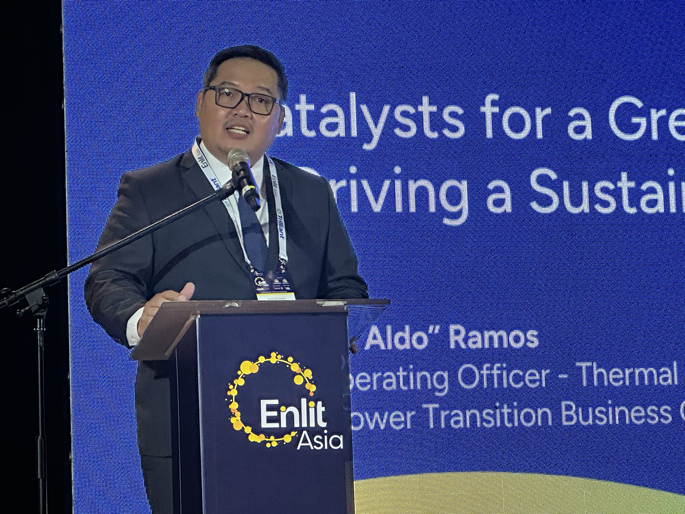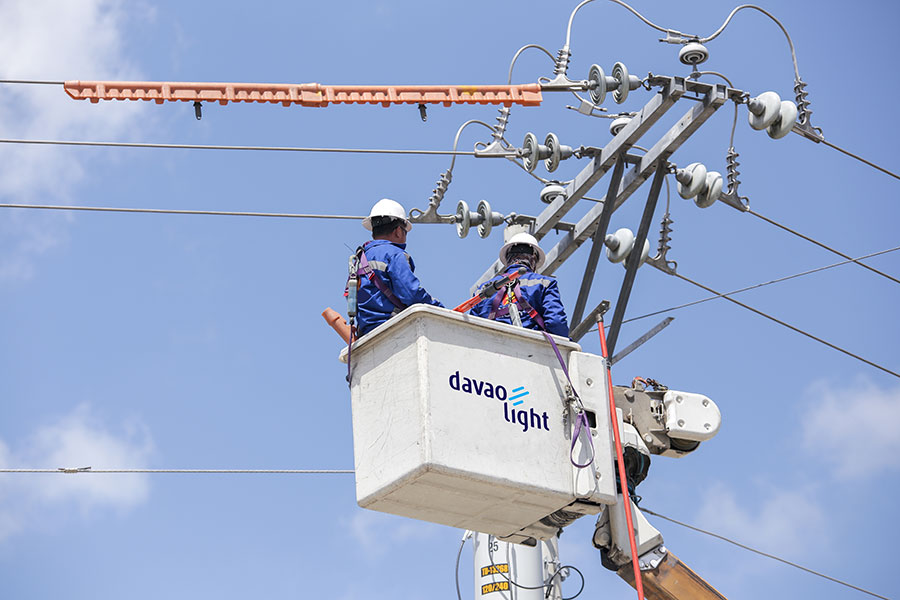Kuala Lumpur, Malaysia – The right catalysts or triggers must be in place to enable a just energy transition, an Aboitiz Power Corporation (AboitizPower) top official said, urging stakeholders to look at it in a collaborative lens.
“The conversation is largely about when, how much, and how soon? But I’d like to bring up another view that is equally important. Apart from timelines, we must also consider whether the right catalysts or triggers are there to enable a just energy transition that allows Filipinos a chance to progress, as developed nations were allowed to,” said AboitizPower Chief Operating Officer for Thermal Operated Assets Ronaldo Ramos during Enlit Asia 2024.
Anchoring on the context of the Philippines whose geographical features make it challenging to interconnect all its islands, Ramos cited that each country will have different catalysts for their transition journey.
“A cornerstone of this transition will be robust policies that not only encourage the growth of renewable energy but also optimize the overall energy mix. For example, the [Philippines’] Renewable Energy Act of 2008 laid the groundwork for incentives, but more aggressive policies are needed,” he added.
Proper signals to the private sector are crucial since this would incentivize businesses and industries to innovate, invest, and accept new and emerging technologies. In the case of the energy sector, technology and infrastructure investments would drive grids into expansion and modernization.
Another catalyst is funding for new power assets and renewable energy projects, to which Ramos appealed for developed nations to extend practical support to accelerate the energy transition.
“The Philippines needs around $550-billion to reach its 2050 Philippine Energy Plan Clean Energy Scenario targets. Collaborative expertise, financing, and partnerships will be critical in accelerating the deployment of new energy technologies,” Ramos explained.
“The energy transition should not be a race where nations are pitted against each other; rather, it is a thoughtful journey shaped by local and global collaboration,” Ramos said. “It is a collective call to be accountable based on our level of responsibility and capability, to extend help, to share knowledge, and to build partnerships.”



